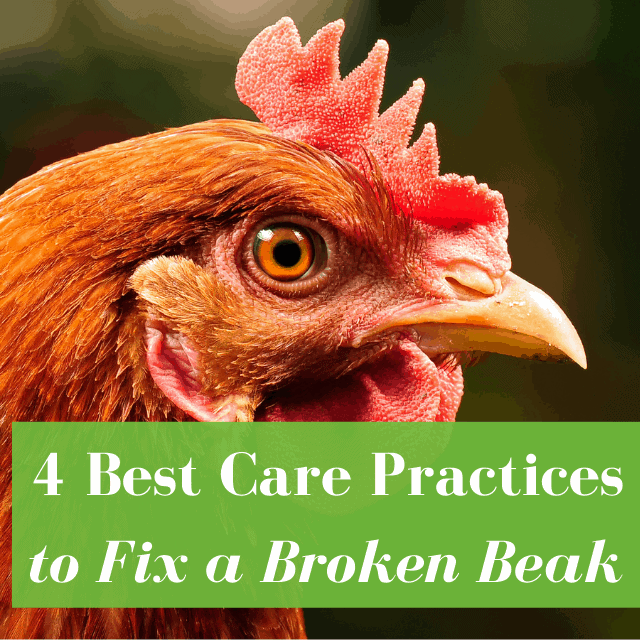Table of Contents (Quickly Jump To Information)
Raising chickens for their eggs is probably one of the most rewarding aspects of homesteading, but it can be intimidating for new owners who fall instantly in love with our feathered friends.
I mean, who wants to hurt the creature that you’ve now let into your life?
I understand.
But luckily, raising them to lead the best lives possible isn’t hard at all.
There will be bumps in the road, and times when their fate is just simply out of your hands, but there’s a lot you can do as an owner to give them a wonderful life while they’re with you.
There are certain questions I’m always asked, so I’ve decided to answer them in one article.
Even if you’re not a new chicken owner, there might be one or two bits of information that will help you out.
Why aren’t my chickens laying?
This one is a toughie, because there can be a ton of reasons, and it depends on how you’re raising your chickens.
Here’s some food for thought to get you started.
Are your hens the right age?
The chickens you’re raising can start laying anywhere from 6 months old, and most chickens start laying around 7 to 12 months.
Are you raising your chickens with the right diet?
Research consistently shows that the better a hen eats, the better she lays.
Since, for the most part, we’re raising chickens to eat their eggs, it’s best to stick to certain guidelines. She should eat at least 16% protein in her feed.
Chickens that are fed only corn or scratch, or not fed anything at all because they’re free ranging, might not produce eggs as well as chickens fed a daily ration.
Is there some sort of stress going on?
This does make a difference. As you’re raising chickens, one thing to look out for is whether there are potential stresses in their environment.
One of our hens stopped laying after watching her constant companion get attacked by a dog.
And I don’t mean she started laying somewhere else and we never found them. She just quit.
After she stopped laying, we gave it a couple weeks, then moved her into a coop with the remainder of our flock, and she hasn’t laid since, while our other chickens have picked up production.
It happens.
Other sources of stress might be crowded living conditions or an inadequate diet.
Is she just old?
While some chickens will lay for years and years, the average age most chickens stop laying regularly is 2-3 years old.
How do I introduce new chickens to my flock?
If you’re raising chicks to replace old layers or just want to add to your flock, you will have to incorporate new chickens eventually.
There’s a ton of ways to introduce new hens to an existing flock, including just putting the new hen in the coop, but here’s how I do it.
First, isolate the hen for a week or two to make sure she’s healthy.
Assuming that goes well, I next put her a “Hello Box” for a day or so to keep her separated from the flock, but still able to interact with my other chickens.
https://instagram.com/p/ysXMZui83r/?taken-by=thefrugalchicken
It also reduces drama during feed time, because the new chickens can eat their dinner in peace.
If the vibes seem good, I let the hen out in 24 to 48 hours to integrate with the flock.
There still might be scuffles as they sort out the pecking order, but in my experience, this method makes everything much simpler.
You’ll also get an idea if the new chicken will work for your flock. We introduced some new roosters, and it became very clear, very quickly that one just wasn’t going to work.
He fought my other roosters ALL. THE. TIME.
Luckily, the Hello Box kept every one safe.
What should I feed my chickens?
Well, what your chickens should eat depends on their age.
Chicks (newborn to 12 weeks)
If you’re raising chicks, start them off with an 18% protein chick starter until they’re 10-12 weeks old.
You can give either medicated or unmedicated chick starter, although I recommend medicated starter to help prevent coccidiosis.
Young Pullets (12 weeks until they lay)
My young pullets eat a grower feed of 16% – 18% protein.
Don’t give the young chickens you’re raising a layer feed – it has too much calcium and might harm them. Stick to a grower ration.
Layers
Once they begin to lay, my hens get to eat a higher protein ration in addition to the bugs and goodies they dig up in their tractor.
They also eat an extra calcium supplement, such as oyster shells, to ensure they get enough calcium so they don’t have to draw it from their bones to produce egg shells.
How do I feed chickens that are different ages?
If I’m raising chickens of different ages together, I let them eat a starter/grower ration that’s around 18% protein.
It’s a good balance of protein, and not too much calcium.
You will have to provide a calcium supplement for your layers.
Should I let my chickens free range?
The answer to this question is: it depends.
Whether to let your chickens free range is a complicated topic, and depends on factors like the amount of predators in your area and whether you want to use a tractor or not.
There’s advantages and disadvantages to allowing free ranging. You can also provide a tractor for your chickens if you want them to free range and eat bugs, worms, etc., but have predators in your area.
https://instagram.com/p/5I2f_RC881/?taken-by=thefrugalchicken
How much space do my chickens need in the coop?
Space is a consideration if you plan on raising chickens in a coop or run.
The more space the better, but the minimum suggested space is 4 square feet per chicken if your birds will be allowed to free range or go into a run, and 10 square feet if they will be cooped all the time.
If your coop can only be a certain size, you’re better off getting fewer birds. They’ll be happier, and so will you because they’ll lay better.
Chickens that are confined to an area that’s too small start to develop nasty habits like egg eating and pecking at each other.
Waste can also build up, giving them respiratory diseases and nutritional deficiencies.
Raising chickens can be as complicated or as simple as you like. Chickens are fun livestock to raise, and using these tips, you can enjoy them for years.
I’d like to hear from you!
Is there a question you have about raising chickens? Contact me directly or comment below!
Maat van Uitert is a backyard chicken and sustainable living expert. She is also the author of Chickens: Naturally Raising A Sustainable Flock, which was a best seller in it’s Amazon category. Maat has been featured on NBC, CBS, AOL Finance, Community Chickens, the Huffington Post, Chickens magazine, Backyard Poultry, and Countryside Magazine. She lives on her farm in Southeast Missouri with her husband, two children, and about a million chickens and ducks. You can follow Maat on Facebook here and Instagram here.

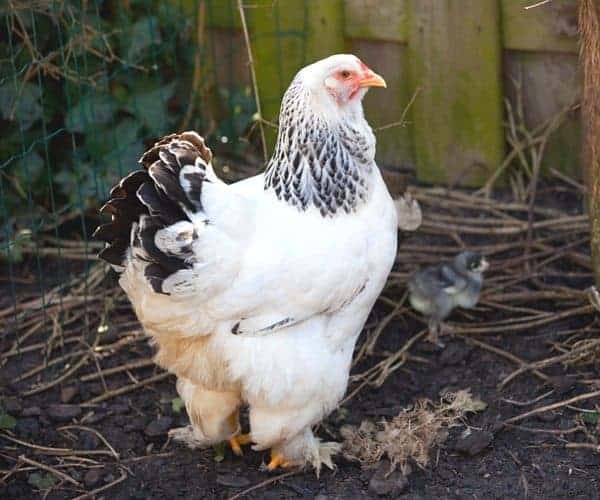

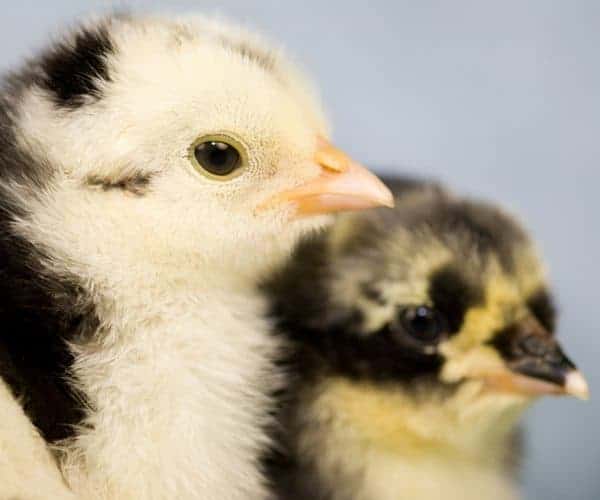


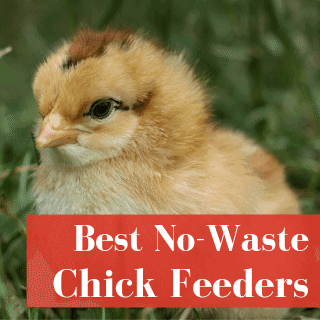
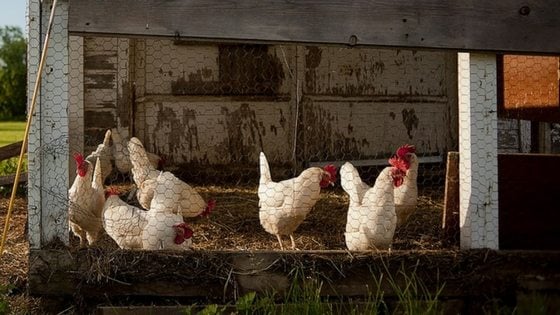

![Rooster Rockstars: What Makes A Good Rooster Anyway? [Podcast]](https://thefrugalchicken.com/wp-content/uploads/2016/05/roosters-feature-min.jpg)
